Mr. Ngo Xuan Nam - Deputy Director of Vietnam SPS Office (Ministry of Agriculture and Rural Development) had an interview with reporters of Industry and Trade Newspaper about this issue.
Sir, the EU is currently the third largest market for Vietnamese agricultural and food products. What requirements must be met for agricultural and food products to enter this market?
Firstly, agricultural and food products that want to be imported into the EU must comply with EU market regulations such as regulations on business registration, regulations on maximum allowable residue levels (MRL) for products of plant origin, regulations on antibiotic residue levels for products of animal origin, regulations on food additives, food contact materials, regulations on mixed products, regulations on disease-free zones, regulations on ensuring food safety, traceability for processing facilities, IUU regulations, anti-deforestation regulations (EUDR) or other related regulations...
For detailed regulations for each product, exporters should consult the competent authorities or the Vietnam SPS Office for guidance.
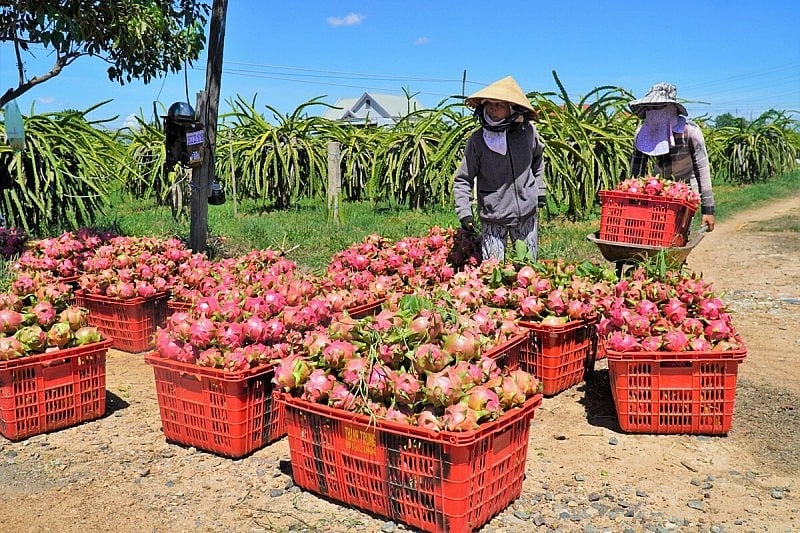 |
| The EU is currently the third largest market for Vietnamese agricultural products and food. |
Currently, the EU divides imported agricultural and food products into two categories: low-risk and high-risk. Low-risk products, through your assessment, will not require systematic border control. On the contrary, high-risk products will require more control measures.
However, regarding the requirement to import certain food and feed products of non-animal origin into the EU, i.e. high-risk products, they are subject to official controls under the Union Regulation (EU) 2019/1973, including Vietnam.
Regulation 2019/1973 has 3 annexes. Annex I: Strengthening of official control measures of products at the border, checking of traceability records, random sampling and analysis according to the frequency of shipments (5%, 10%, 20%, 30%, 50%); Mandatory advance notification by exporters to the competent authority according to Regulation (EU) 2019/1013.
Annex II: Similar requirements to Annex I with additional conditions for controlling imported products with special conditions such as certificates from the regulatory authority of the exporting country, results of hazard analysis.
Annex IIa: Suspension (halt) of imports into the EU.
On average, each month, the Vietnam SPS Office updates about 100 draft or effective notifications on food safety and animal and plant disease safety (SPS) measures of WTO members, including many EU notifications related to changes in pesticide residue levels, antibiotic residues, standards of additives, and materials in contact with food products;...
Recently, due to the increasing number of notifications of draft SPS measures, the Vietnam SPS Office has proactively screened and promptly updated them to Vietnamese authorities, localities and industry associations.
Timely updating of market regulations will help businesses be proactive in production, quality control, timely response to market regulations, and avoid violations leading to warnings or returned goods.
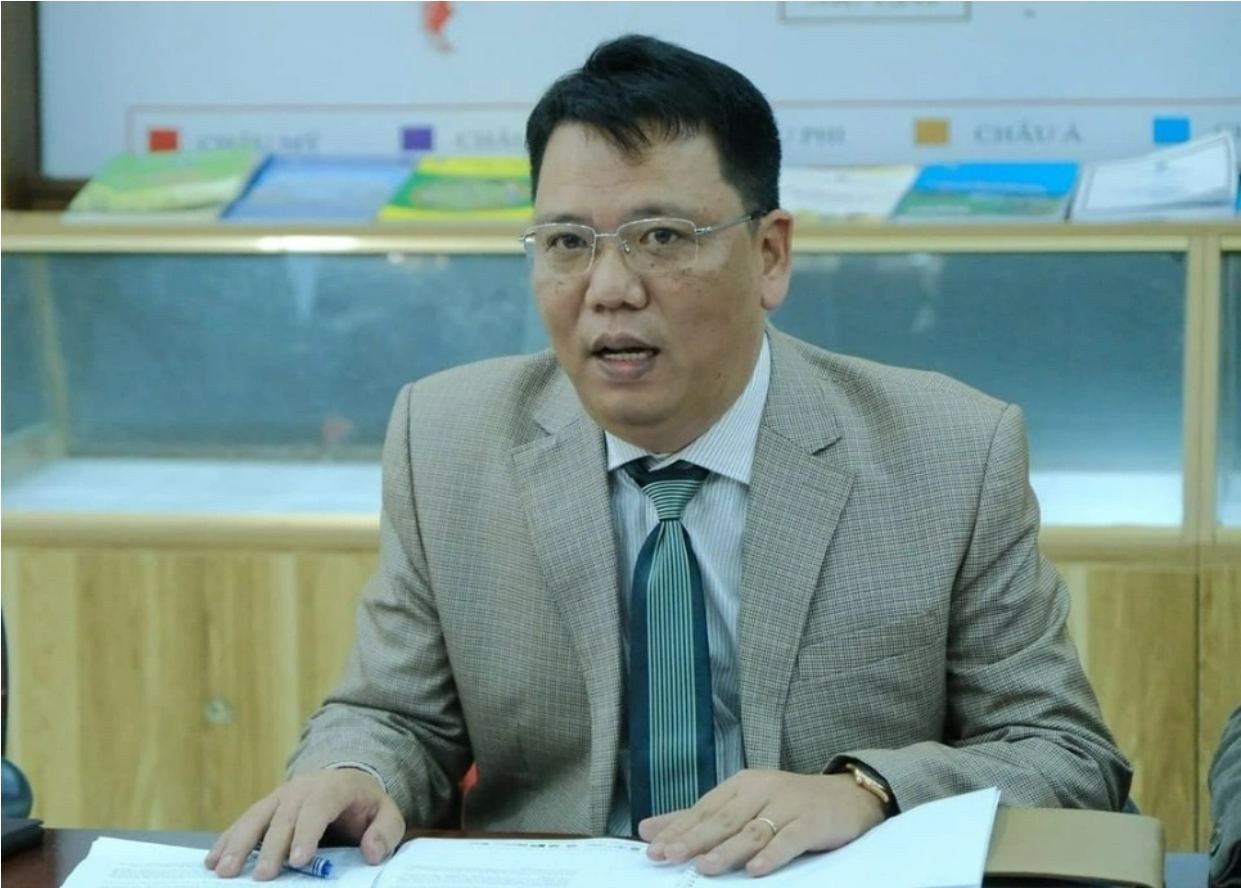 |
| Mr. Ngo Xuan Nam - Deputy Director of SPS Vietnam Office |
Within the framework of the 4th SPS Committee Meeting to implement the EVFTA Agreement, the Vietnam SPS Office coordinated with the Directorate General for Health and Food Safety, European Commission (DG-SANTE) to organize a conference to disseminate EU market regulations. The EU side frankly recommended: "To comply with the regulations, exporters and production facilities need to understand the EU regulations to minimize risks for businesses when exporting to the EU."
It is known that Vietnam currently has 5 products subject to control under the European Union (EU) Regulation 2019/1973 of the EU when imported into this market. Can you provide specific information about this?
At this time, according to Regulation (EU) 2024/286 signed on January 16, 2024, amending Implementing Regulation (EU) 2019/1793 on temporarily strengthening official controls and emergency measures to manage imports into the EU of certain goods from certain third countries implementing Regulation (EU) 2017/625 and (EC) No. 178/2002 of the European Parliament and Council, Vietnam has 5 goods subject to EU control when imported into this market.
In Appendix I, the items subject to border inspection frequency include: Chili with a border inspection frequency of 50%; noodles, vermicelli, rice noodles, and dry pho with spices (instant noodles) with a border inspection frequency of 20%; durian with a 10% inspection frequency.
With Appendix II, for agricultural and food products, in addition to being subject to border inspection frequency, it is necessary to supplement the certification of sampling and sample analysis results according to EU regulations. Vietnam has 2 products: okra and dragon fruit with the corresponding rates of 50% and 20%.
Normally, every 6 months the EU will meet, review, vote and decide to increase or decrease the frequency or remove it from the control list according to Annex I, Annex II or Annex IIa as I shared above.
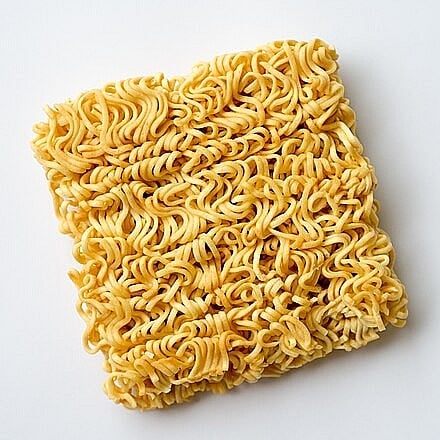 |
| Instant noodles will be removed from the list of frequency inspections when exported to the EU. |
At the online conference to disseminate EU market regulations organized by the Vietnam SPS Office in coordination with DG-SANTE with the participation of more than 300 points nationwide on May 7, the DG-SANTE representative also announced good news for Vietnam that at the recent meeting, based on the review results and good compliance with EU regulations for instant noodle products, the EU side plans to remove this product from the list in Appendix I to be updated next July, meaning that Vietnamese instant noodle products will no longer be subject to a 20% border gate inspection frequency when imported into the EU.
However, your side also informed that dragon fruit and okra products from Vietnam are being controlled according to Appendix II with inspection frequencies of 20% and 50% respectively. It is expected that in July, the inspection frequency of these two products will increase compared to the present because recently, the number of dragon fruit shipments exported to the EU is still being warned.
Furthermore, if there is no improvement, meaning that the maximum residue limits (MRLs) are not well controlled and EU regulations for these products are not complied with, it is possible that in the next review, these two products will be included in Annex IIa, and the EU will apply a temporary suspension of imports, even though these are products with very high demand in the European market.
What is the most important step to minimize the risk of increased inspection frequency and even temporary suspension of imports of agricultural products and food imported into this market, sir?
Bringing an agricultural product to market is difficult, but maintaining the market is even more difficult because the market is always fluctuating: policy fluctuations, consumer tastes fluctuations, price fluctuations, import regulations fluctuations...
As shared above, to minimize the risk of increased inspection frequency and even temporary suspension of imports of some agricultural products and foods imported into this market, businesses need to update, comply with and correctly understand the regulations on food safety and animal and plant disease safety (SPS) and related regulations of the EU market, especially the strengthening of microbiological control, control of maximum residue levels of pesticides (MRL), control of antibiotics and food additives. Because these are mandatory regulations.
More importantly, it is the reputation of Vietnamese agricultural products in the international market. Because the EU is one of the key export markets for Vietnamese agricultural products. This is also one of the markets with many strict and scientific requirements in terms of technology. If we comply with the requirements of the EU market, it will be an opportunity to bring Vietnamese agricultural products to many potential markets in the world when Vietnam has participated in 19 bilateral and multilateral FTAs with most economies in the world.
Thank you!
Source: https://congthuong.vn/mi-an-lien-se-duoc-loai-bo-khoi-danh-sach-bi-kiem-tra-tan-suat-khi-xuat-khau-sang-eu-319035.html


![[Photo] Panorama of the cable-stayed bridge, the final bottleneck of the Ben Luc-Long Thanh expressway](https://vphoto.vietnam.vn/thumb/1200x675/vietnam/resource/IMAGE/2025/9/30/391fdf21025541d6b2f092e49a17243f)

![[Photo] General Secretary To Lam, Secretary of the Central Military Commission attends the 12th Party Congress of the Army](https://vphoto.vietnam.vn/thumb/1200x675/vietnam/resource/IMAGE/2025/9/30/9b63aaa37ddb472ead84e3870a8ae825)
![[Photo] Solemn opening of the 12th Military Party Congress for the 2025-2030 term](https://vphoto.vietnam.vn/thumb/1200x675/vietnam/resource/IMAGE/2025/9/30/2cd383b3130d41a1a4b5ace0d5eb989d)
![[Photo] The 1st Congress of Phu Tho Provincial Party Committee, term 2025-2030](https://vphoto.vietnam.vn/thumb/1200x675/vietnam/resource/IMAGE/2025/9/30/1507da06216649bba8a1ce6251816820)
![[Photo] President Luong Cuong receives President of the Cuban National Assembly Esteban Lazo Hernandez](https://vphoto.vietnam.vn/thumb/1200x675/vietnam/resource/IMAGE/2025/9/30/4d38932911c24f6ea1936252bd5427fa)


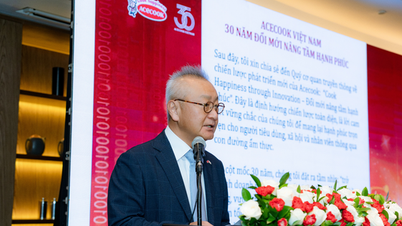
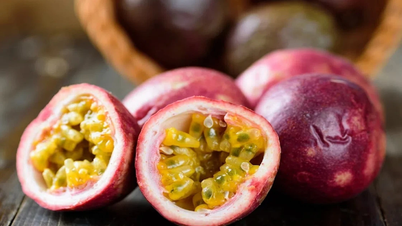

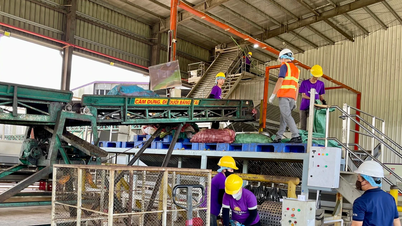

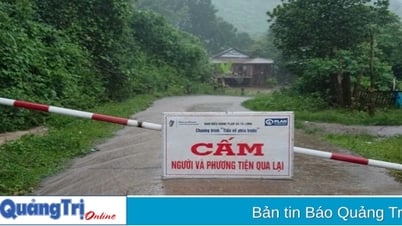

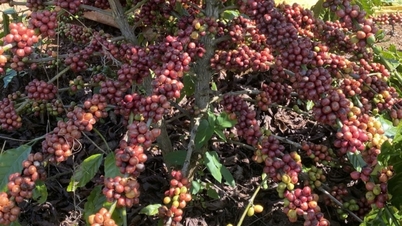
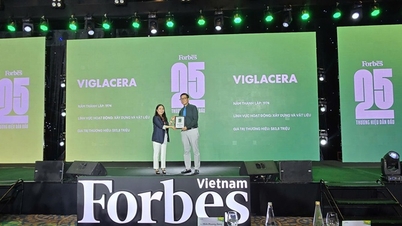

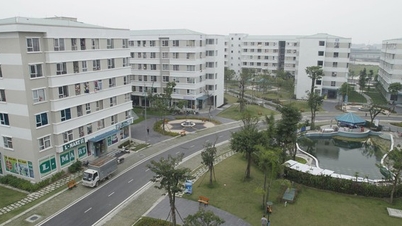

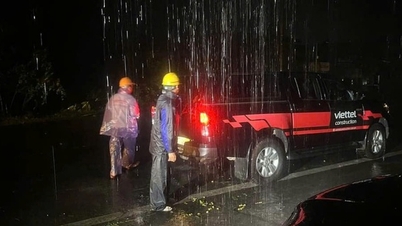
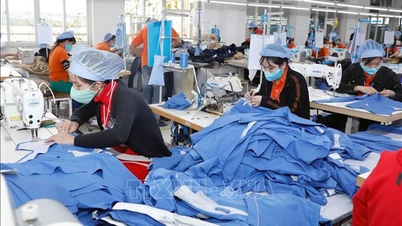


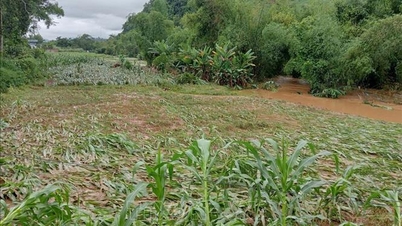






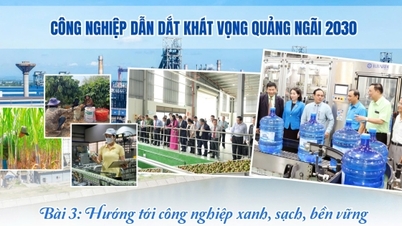
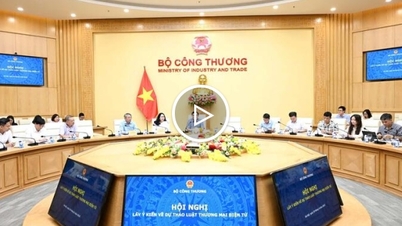

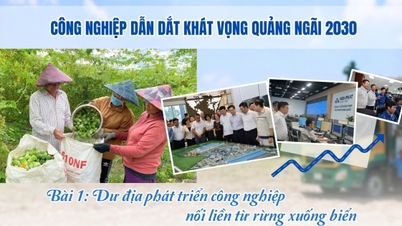




































































Comment (0)